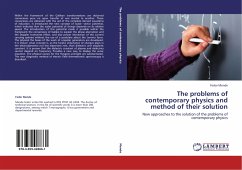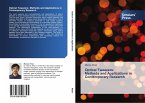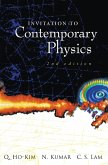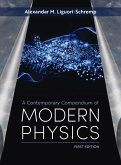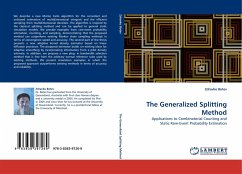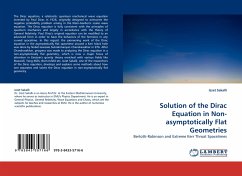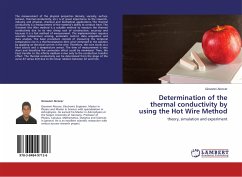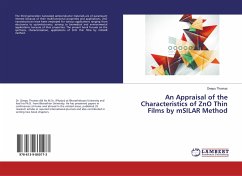Within the framework of the Galilean transformations are obtained conversions pour on upon transfer of one inertial to another. These conversions are obtained with the aid of the complete derived equations of induction. Is introduced the new concept of scalar- vector potential, which indicates that the scalar potential of charge depends on its relative speed. The introduction of this potential made it possible within the framework the conversions of Galileo to explain the phase aberration and the Doppler transverse effect, and also power interaction of the current carrying systems without the use of a postulate about the Lorentz force. The physical the bases of the work of unipolar generators are developed. It is shown what concept is, as the kinetic inductance of charges plays in the electrodynamics not less important role, than dielectric and magnetic constant. It is proven that the dielectric constant of plasma and dielectrics cannot depend on frequency. Provides a new way to display the wave equation. The physical causes for the Huygens principle are substantiated. The new diagnostic method of electric field thermokinetic spectroscopy is described.
Bitte wählen Sie Ihr Anliegen aus.
Rechnungen
Retourenschein anfordern
Bestellstatus
Storno

